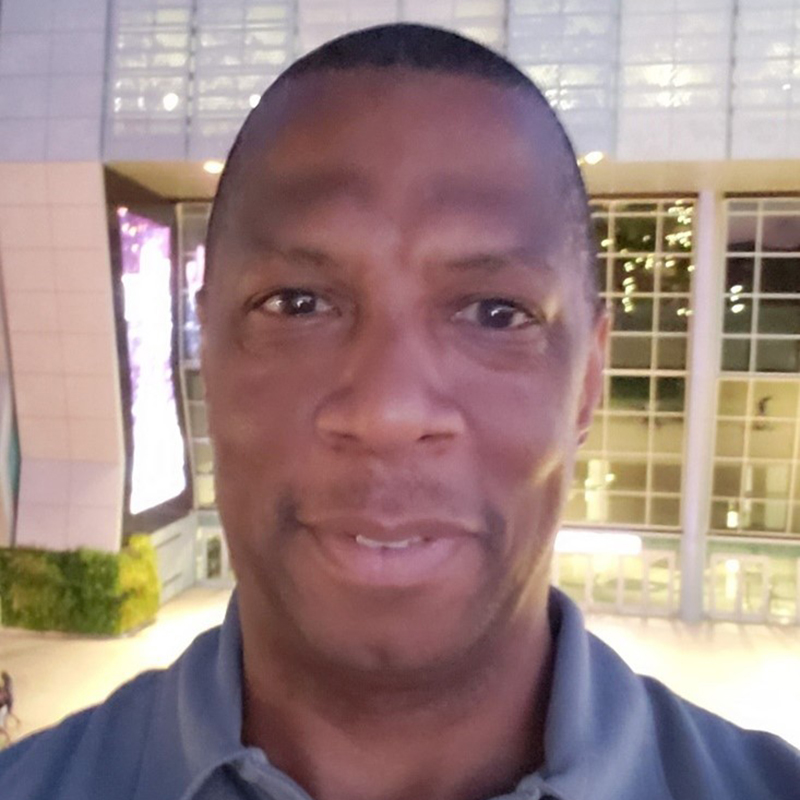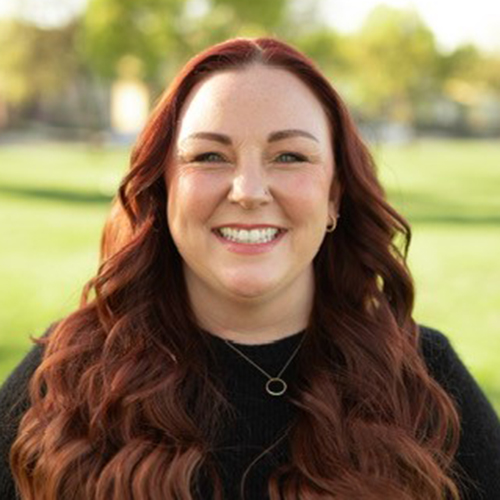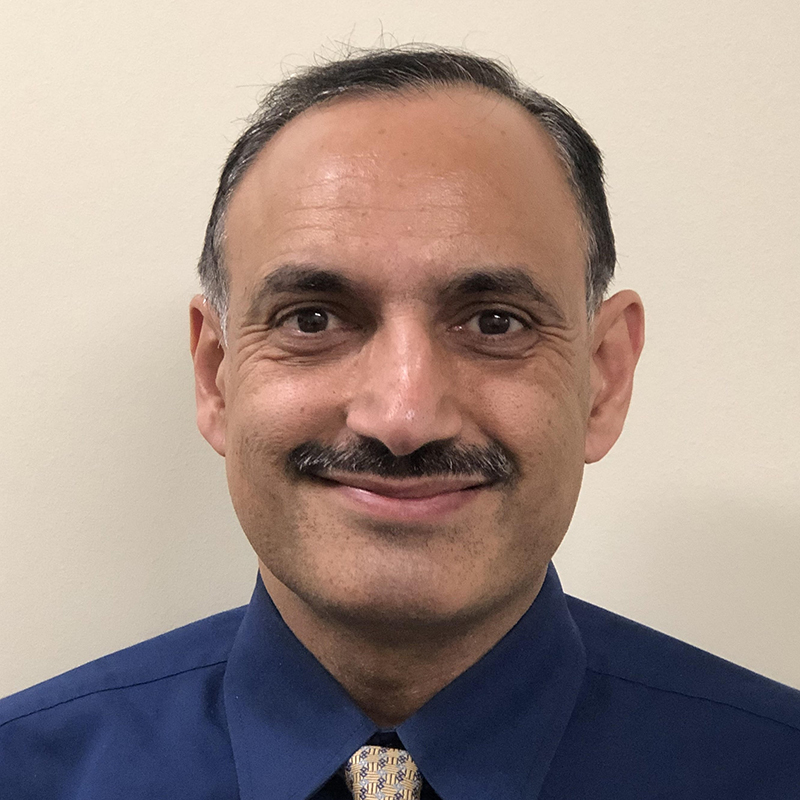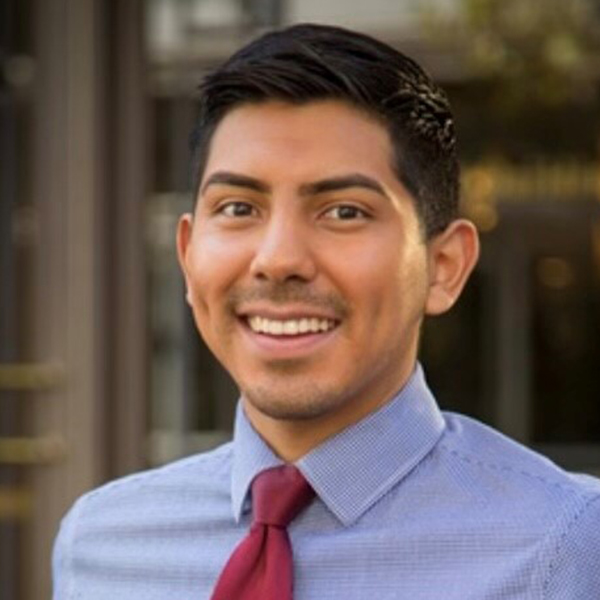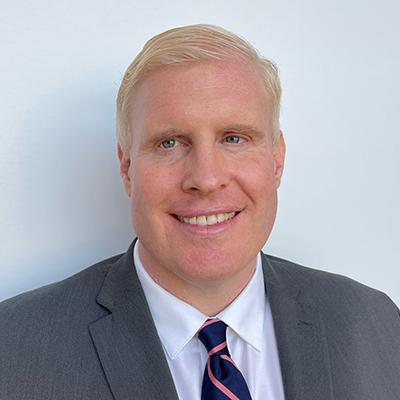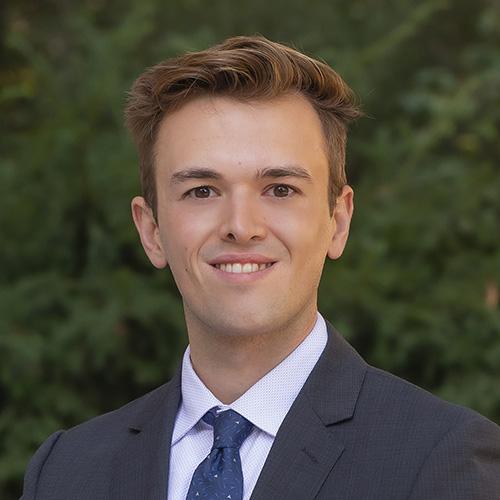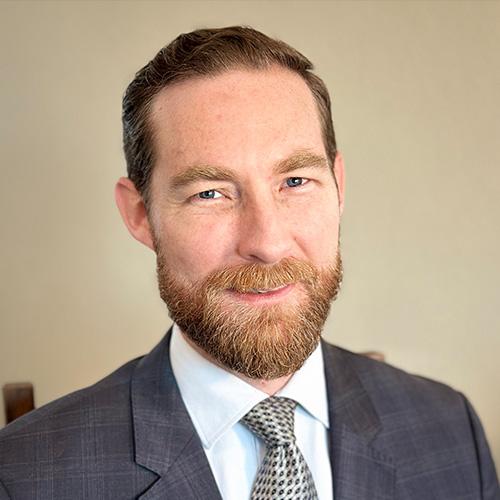

Enduring hope through tragic history
On this day in 1914 following the assassination of the Archduke Ferdinand, Austria-Hungary declared war on Serbia, launching World War I. This war caused 40 million casualties, killing more people and leaving more damage than any previous war in history.
On this same day the following year, still 2 years prior to the US entering WWI, 330 US marines landed at Port-au-Prince, Haiti following the assassination of Haiti’s President, and beginning a 19-year occupation of this Caribbean nation.
From Columbus’ first landing on the island in 1492, Haiti has endured a tragic history. Its lush land and resources were fought over by Spain and France, and later by Britain, Germany and the US. Vast numbers of slaves were imported from Africa to provide labor to extract gold, lumber and other riches from this tiny nation that at one point came to lead the world in sugar and coffee production.
In 1791, a slave rebellion began that ended 13 years later with the defeat of Napoleon’s military, marking the first and only state formed by a successful slave rebellion in world history, the first independent nation of Latin America and the first nation to abolish slavery. Since then, its record during independence has been tragic, marred by political instability, brutal dictatorships and corruption while enduring disabling foreign interference and ostracism. Fearful of the precedent set by the slave revolt, the US did not recognize Haiti for nearly 60 years following its independence, and Haiti continued to pay massive reparations to France until 1947.
Earlier this month, Haitian President Moise was assassinated in the middle of the night at his residence far removed from the National Palace that housed Haiti’s former Presidents. The world is still trying to decipher the motive and mastermind behind this shocking murder of a Head of State.
I visited Haiti in 2014, 4 years after a devastating earthquake killed a quarter million citizens, followed by a cholera outbreak triggered by UN peacekeepers that infected 800,000. The earthquake destroyed what little there was of the country’s infrastructure. I witnessed tent cities that remained all around and roads unpassable in the middle of the city. My heart sank as I stared at the National Cathedral in ruins. The historic and opulent National Palace, former home to Haiti’s leaders back to its initial President, was last rebuilt in 1920 during the US occupation by the Army Corp of Engineers, sat ominously in rubble. Neither has been rebuilt to date.
I wondered what it took for a people who endured such an arduous history, to maintain their perseverance, grace and hopeful outlook. I was there to advise USAID projects on innovating a full spectrum of infrastructure – everything from basic toilets when running water was scarce to an advanced tech assembly plant, solar powered food production, human waste-to-energy technologies, charcoal from ag waste in a barren land devoid of once vast forests necessary to produce their basic staple. I visited the Partners In Health hospital in Cange, made famous in the Mountains Beyond Mountains tale of Paul Farmer’s quest to cure the world. When I signed the guest book at a school visit, the name before mine was of Bill Gates. They pointed out where his helicopter landed, which was probably more comfortable than my overland journey.
We take infrastructure for granted, but while I’ve been to many countries devoid of adequate or even basic infrastructure, Haiti stands alone as the least developed country in the western hemisphere, showcasing how societal advancement is predicated on honest governance leading to economic advancement and wise investments in public infrastructure and services, and the consequences of what happens in its absence.
Even in the context of its volatile history, at this very moment absent a functioning government, Haiti teeters on the precipice. Given all the harm done to this land less than 600 miles off our shores – self-inflicted harm, damage by mother nature, and harm perpetrated by the global powers – we now have another opportunity to step up and help our neighbors in a critical time of need, to address the prior destruction and to set Haiti off on a better path forward. I remain hopeful that this time will meet with a different outcome, because there is no other option. This beautiful island with its resilient people deserve better and cannot simply be left behind.
On a side note, Naomi Osaka, daughter of a Haitian father, was upset in the Olympics yesterday. However, from lighting the Olympic torch, to her conduct on and off the court, she’s been an admirable role model representing hope and change for young athletes from all countries.
A few weeks ago, IBank wrapped up its 2020-21 Fiscal Year. We’re compiling our financial reporting for the year and at next month’s board meeting, I hope to present some preliminary results. It’s already clear that during perhaps the most challenging year in our lifetime, IBank and our staff stepped up to the challenge. With the assistance of our Board, the Governor, the Legislature and the Federal Government, we received unprecedented support to help address the demands of our times. Since we’re not out of the woods on the COVID crisis or the climate crisis, we’ll keep our foot on the gas to do more to serve the communities of this state.









